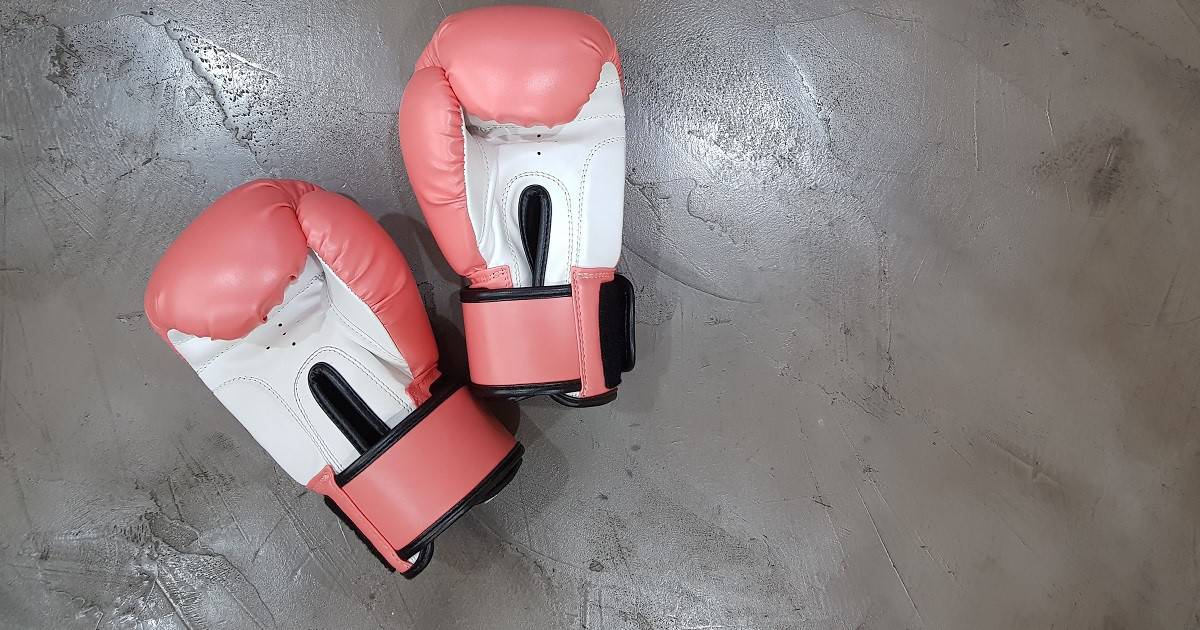I like to be strong. At least I like to appear strong. You do too, I think. Most of us value strength and look down on weakness. We honor those who have their lives together and regard with suspicion those who do not.
Strength = good, weakness = bad. That is our functional formula. But it is not the Lord’s. 2 Corinthians 12 says it very differently: “‘My grace is sufficient for you,” said the Lord, “‘for my power is made perfect in weakness.’ Therefore I will boast all the more gladly of my weaknesses, so that the power of Christ may rest upon me. For the sake of Christ, then, I am content with weaknesses, insults, hardships, persecutions, and calamities. For when I am weak, then I am strong.”
Paul saw that weakness, not strength, was key to his ministry. He had to own his weakness so the Lord could fill him with strength. The stronger he was, the weaker the power of God would be; the weaker he was, the greater the power of God would be.
Kent Hughes says it well:
But what we most need to see is that power in weakness is shorthand for the cross of Christ. In God’s plan of redemption, there had to be weakness (crucifixion) before there was power (resurrection). And this power-in-weakness connection is what Paul reflected on when he contemplated Christ’s praying three times amidst his weakness and powerlessness in Gethsemane before his death on the cross, which was followed by the power of the resurrection! Paul came to understand and embrace the fact that his thorn in the flesh was essential to his ongoing weakness and the experience of Christ’s ongoing power.
Paul knew of Jesus, who was not afraid to let other people see his weakness. When he became weary and overwhelmed he would just up and disappear, heading into the wilderness to get some time with his Father. When he was in the garden he took some of his friends with him and asked if they would watch and pray. He knew weakness and he did not try to bluster his way through it.
Jesus was weak. Paul rejoiced in his own weakness. And yet we are still afraid and ashamed to be weak. We would rather feign strength than admit weakness.
2013 is very nearly over; 2014 is very nearly upon us. As you look back at the year that was, and as you consider the year ahead, consider your weakness. Consider all the ways you were weak in the year that is now behind us. Consider how God can and will work in you in the year ahead if only you will be weak. Make this the year where you will rejoice in weakness so you can rely on God’s strength.










